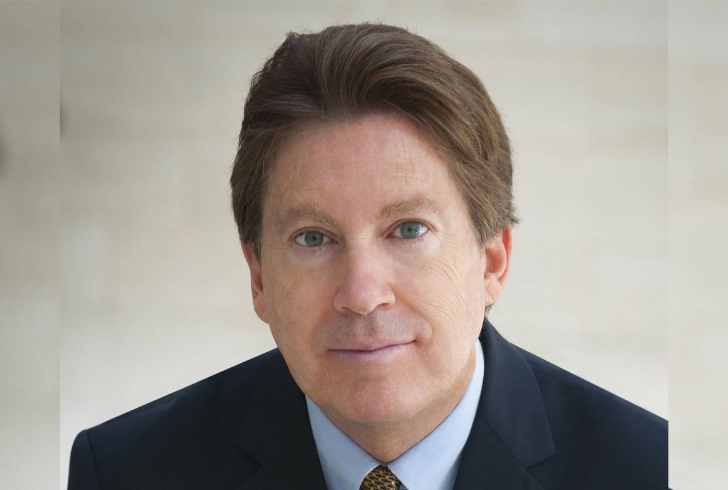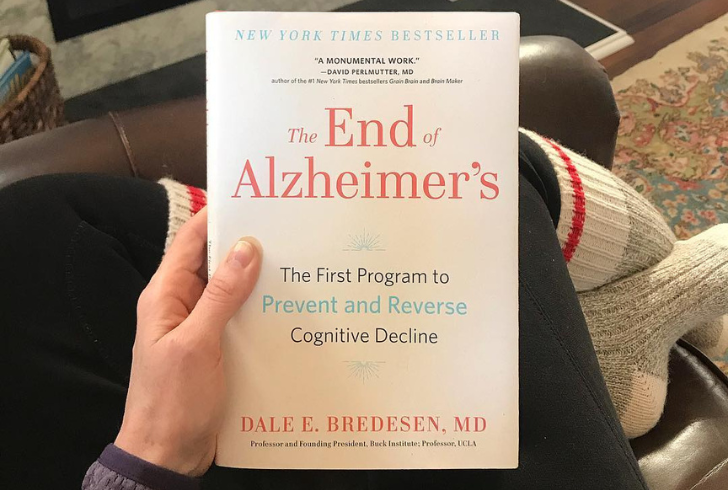A growing number of people with early Alzheimer’s symptoms have turned to Dale Bredesen’s lifestyle program, drawn in by bold promises of cognitive improvement. While the program continues to attract attention through best-selling books and social media endorsements, many in the medical community remain deeply skeptical.
Lifestyle or a Lifeline?
Dale Bredesen, once a leading neurologist, advocates a non-traditional approach to Alzheimer’s. Rather than relying on a single treatment, he promotes a multi-pronged protocol dubbed "Recode"—short for “reversal of cognitive decline.” His method combines specific supplements, dietary changes, hormone therapies, and detox measures.
His company, Apollo Health, backs the claim that cognitive decline can be reversed. Patients, especially those in early stages of Alzheimer’s, undergo detailed lab assessments and receive personalized plans targeting 36 different factors thought to influence brain health. These include:
1. Intermittent fasting
2. Low-carb, high-fat diets
3. Detox from mold exposure
4. Hormone replacement therapy
5. Dozens of supplements, like lion’s mane mushroom and fish oil
Still, experts insist that while lifestyle changes can support cognitive function, claiming reversal lacks solid evidence.
High Cost, Questionable Results

Instagram | @drdaelebredesen | Neurologist Dale Bredesen promotes a lifestyle plan to fight memory loss, claims reversal.
Bredesen's plan doesn’t come cheap. For Kerry Briggs, a woman diagnosed with Alzheimer’s at 61, the protocol cost over $25,000 in just eight months. This included $1,000 per month on supplements and hundreds of dollars per session with a practitioner not covered by insurance.
Her husband, John, tried to support the routine by creating spreadsheets and even blending her daily 34-pill regimen into a shake. He added brown food coloring to make the drink look more palatable. While they both hoped for improvement, they struggled to see tangible changes.
Eventually, they stopped the protocol after months of effort showed little impact. John said he found more comfort watching his wife enjoy small pleasures—like sharing fries on a road trip—than maintaining a costly and exhausting regimen.
Bredesen's Bold Claims and the Scientific Pushback
Bredesen's claim that Alzheimer's can be cured is found at the heart of the controversy. He has said cognitive decline is optional and even had bracelets made with the slogan “Alzheimer’s Is Now Optional.”
His 2017 book "The End of Alzheimer's" became a New York Times bestseller after selling over 300,000 copies. While this message has resonated with people seeking hope, it has alarmed many neurologists.
This concern was explained by Dr. Bruce Miller, director of UC San Francisco's Memory and Aging Center. “Making someone feel better is one thing; proving medical reversal is another,” he explained. Without data from controlled, large-scale trials, experts say there's no strong evidence to back Bredesen’s claims.
The Alzheimer’s Association echoed that sentiment. While the organization once supported Bredesen’s early research, its chief science officer, Maria Carrillo, stated that his recent trials “fall short” of convincing evidence. These studies involve small sample sizes—sometimes as few as 10 people—and lack control groups, which are essential to measure effectiveness properly.
Who’s Supporting Bredesen?
Despite medical doubts, some influential voices in wellness and politics have embraced Bredesen’s work. Robert F. Kennedy Jr.’s advisors and supporters, including Dr. Mark Hyman and Dr. Casey Means, have called Bredesen a visionary. His approach aligns with the “Make America Healthy Again” movement, which pushes alternatives to pharmaceutical treatments.
However, this support often comes from circles outside of mainstream medicine, and critics argue that it promotes “false hope” to families facing a difficult disease. Bredesen's strategy has been specifically branded as misleading by the Alzheimer's Society of Canada.
A Business Model That Raises Eyebrows
Apollo Health, Bredesen’s company, operates a growing network of practitioners who complete a $2,000 training course and gain access to patient referrals. These professionals range from medical doctors to chiropractors and naturopaths. Bredesen claims his company earns little from these efforts, but the associated costs for patients continue to add up.
For the Briggses, one of the strictest parts of the protocol involved drastic diet changes. Kerry could no longer eat common fruits like apples or bananas. Instead, her diet focused on lean protein and healthy fats. Testing for ketosis became routine, along with hormone therapies and even home mold testing.
Yet despite their efforts, her condition progressed. Her therapist eventually recommended stopping sessions due to memory loss. John eventually concluded the program after starting to tour memory care facilities.
Hope, Science, and the Line Between Them

Instagram | @functionalvitalityhealth | Book "The End of Alzheimer's" sparks debate as families weigh hope against hard truths.
Bredesen still defends his approach, although he acknowledges some limitations. He says the best results come when patients begin early, ideally before serious symptoms appear. Also, he acknowledged that his book's title, "The End of Alzheimer's," might have been too bold, and he blamed his publisher for the language.
He insists, however, that his work offers value where conventional medicine has failed. “People fight back against something that’s actually helping,” he said, referring to critics.
Ethicists like Dr. Daniel Sulmasy of Georgetown University warn that wellness claims can exploit vulnerable people, even if believers mean well. He said, "Just because people want to believe something doesn't mean it's true."
Bredesen, surprisingly, agrees. He says that while not all money ends up in his pocket, the protocol’s total costs can be significant. That said, many families, like the Briggses, see their spending as an effort to try everything possible.
For John Briggs, choosing to stop didn’t mean giving up—it meant shifting focus. On one road trip, they broke the protocol and shared French fries. He smiled as he watched his wife enjoy them.
“With the time that I have left with her,” he said, “I’d rather honestly do that than press on.”
When families face Alzheimer's, every choice carries weight. Some may follow bold claims in hopes of a breakthrough, while others focus on quality time and comfort. Either way, the discussion around programs like Bredesen’s reminds us that science, ethics, and emotion often collide on the path to care.

